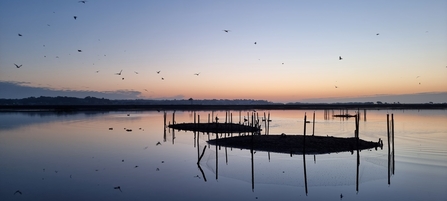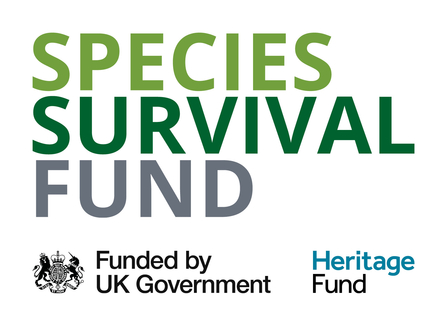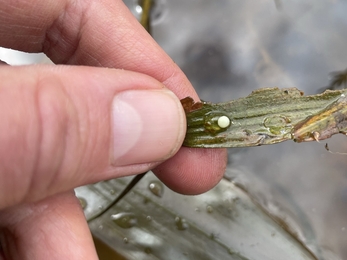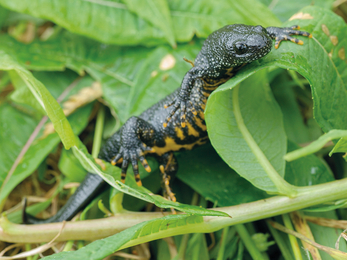Wetland habitats are crucial ecosystems that many species in the UK rely on. Historically, wetlands made up a large part of our landscapes, but they have significantly shrunk due to urbanization, farming, and drainage. Today, they account for only about 3% of the UK. These habitats, when healthy, can store carbon and mitigate flooding whilst also serving as homes for numerous species. As we face increasing environmental challenges, restoring and protecting wetlands is essential for biodiversity and our own wellbeing.
Species Survival Fund: wetlands – a vital habitat for wildlife

Nicki Tutton / Browns
Wetlands are diverse habitats that vary greatly in shape and size, and each one plays a vital role in our ecosystem. These unique environments are defined by the presence of water for extended periods, which can be either still or flowing. The water can be freshwater, brackish, acidic, or saltwater. Wetlands serve as important transitional zones between land and water, and are characterized by specific types of soil and vegetation that have adapted to thrive in saturated conditions.
The government funded ‘Species Survival Fund’ project aims to restore and create new wetlands at nine of our nature reserves throughout Dorset including Brownsea Island, Lyscombe, Peascombe, and Nunnery Mead. Having a network of varying wetlands helps species move around our landscape accommodating their needs at different life stages or seasons. Brooklands Farm, a nature reserve at Dorset Wildlife Trust’s HQ has a well-established pond that is home to great crested newts, a protected species. To ensure this remains a suitable habitat for them to thrive, maintenance is required as ponds can easily become choked from too much vegetation. Cutting back the willow surrounding the pond edge will allow light to the surface, encouraging aquatic plants to grow. It is important when doing this type of work to consider disturbance, so we will undertake tree removal in late autumn/winter when the breeding season is over and their young have had time to reach the juvenile stage of their lives when they can leave the water to live terrestrially.
Wetland restoration and creation along with the traditional habitat management techniques being used as part of the Species Survival Fund will play a crucial role in preserving biodiversity, enhancing water quality, and mitigating the impacts of climate change in Dorset. The collaborative effort of the government, conservation organisations and local communities is essential to the success of these special habitats. As we continue to recognise the importance of wetlands, projects like these are essential for ensuring sustainable futures for wildlife and preserving species and their habitats for future generations.
This project is funded by the Government's Species Survival Fund. The fund was developed by Defra and its Arm's-Length Bodies. It is being delivered by The National Lottery Heritage Fund in partnership with Natural England and the Environment Agency.




